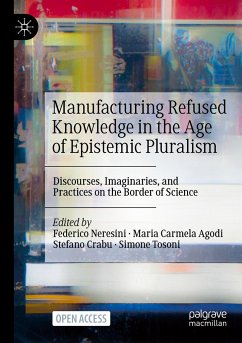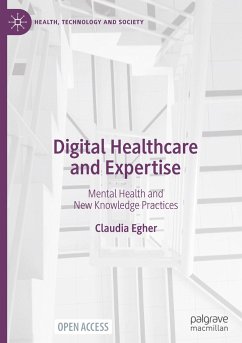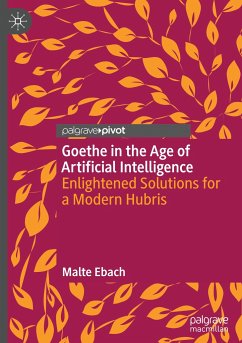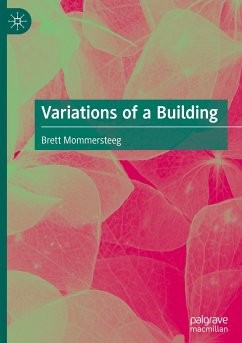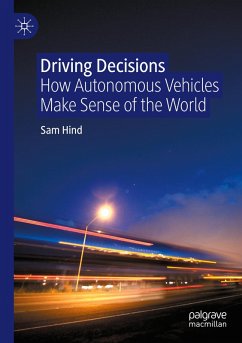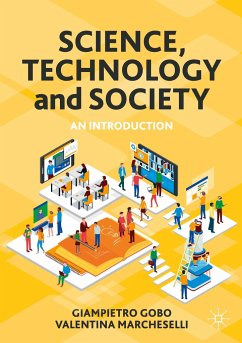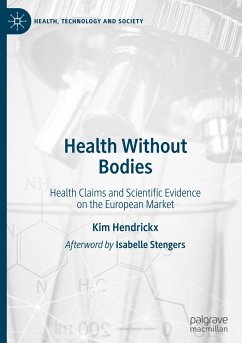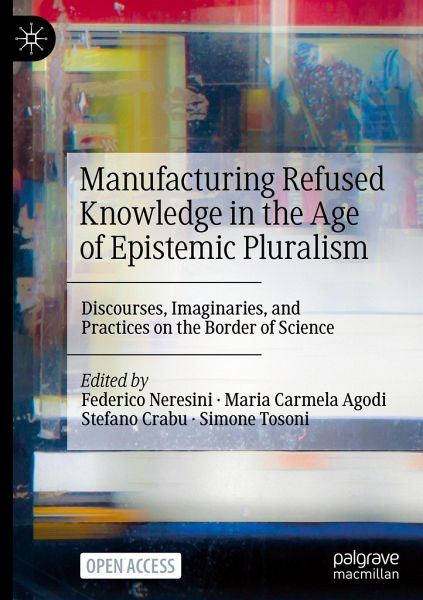
Manufacturing Refused Knowledge in the Age of Epistemic Pluralism
Discourses, Imaginaries, and Practices on the Border of Science
Herausgegeben: Neresini, Federico; Agodi, Maria Carmela; Crabu, Stefano; Tosoni, Simone
Versandkostenfrei!
Versandfertig in 6-10 Tagen
38,99 €
inkl. MwSt.

PAYBACK Punkte
19 °P sammeln!
This open access book explores contemporary practices that challenge science, arguing that this matter cannot be simply disregarded as a new manifestation of "anti-scientism". It scrutinizes the processes through which knowledge claims, refused by established institutions and the scientific community, seek legitimacy. Assuming an agnostic analytical stance, it explores the actors involved in such processes and their social worlds, their interactions with epistemic institutions, and the ways in which they enact such refused knowledge in their daily lives. Drawing on a three-year mixed-method re...
This open access book explores contemporary practices that challenge science, arguing that this matter cannot be simply disregarded as a new manifestation of "anti-scientism". It scrutinizes the processes through which knowledge claims, refused by established institutions and the scientific community, seek legitimacy. Assuming an agnostic analytical stance, it explores the actors involved in such processes and their social worlds, their interactions with epistemic institutions, and the ways in which they enact such refused knowledge in their daily lives. Drawing on a three-year mixed-method research project, this collection demonstrates how refused knowledge can be seen as a distinct mode of knowing, employed in response to the uncertainties of everyday life. Thus, it offers a deeper understanding not only of how refused knowledge garners credibility, but also of how knowledge at large - including scientific knowledge - emerges from specific sociotechnical assemblages.





